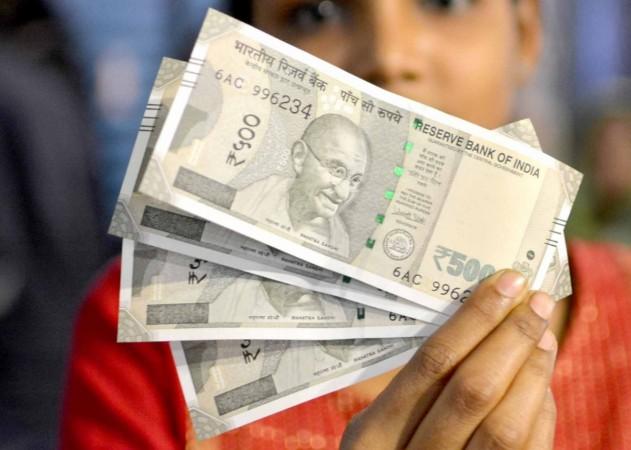
The Union Cabinet, led by Prime Minister Narendra Modi has approved a 3 per cent increase in dearness allowance (DA) and dearness relief (DR) for Central government employees and pensioners. This decision, announced on October 16, 2024, is set to bring relief to approximately one crore Central government employees and pensioners, as it aims to mitigate the effects of inflation.
The DA, a crucial component in determining government salaries and pensions, is calculated based on the average of the Consumer Price Index for Industrial Workers (CPI-IW), which is published monthly by the Labour Bureau. The latest hike raises the DA or DR from 50 per cent to 53 per cent, effective from July 1, 2024.
This increase follows a previous hike in March, where the government raised the dearness allowance by 4 per cent, effective from January 2024, bringing the total dearness allowance to 50 per cent of basic pay from 46 per cent.

The DA and DR are revised biannually, a process that impacts a significant number of Central government employees and pensioners. The revision aims to offset the impact of inflation, ensuring that the purchasing power of these employees and pensioners is not eroded.
According to the Seventh Pay Commission report, a range of allowances, including house rent allowance, are eligible for automatic revision once the DA reaches 50 per cent of the basic pay. These allowances, including HRA, were accordingly raised earlier this year, as confirmed by the Confederation of Central Government Employees. However, it is important to note that the basic pay has not been raised as such a recommendation was not part of the final Seventh Pay Commission report.
In a similar vein, Chhattisgarh Chief Minister Vishnu Dev Sai announced a 4 per cent increase in DA for state government employees ahead of Diwali. This hike will bring the DA to 50 per cent of the basic salary, effective from October 1, 2024.
The decision to increase the DA is not an isolated event. It is part of a broader trend of government initiatives aimed at improving the financial conditions of its employees. For instance, the Centre has also sanctioned a raise in the Minimum Support Price (MSP) for important rabi crops. According to Union Minister Ashwini Vaishnaw, the MSP for wheat has been increased by Rs 150 per quintal, reaching Rs 2,425 from Rs 2,275.
The hike in MSP of crops is crucial ahead of the elections in key states such as Maharashtra, Jharkhand and Delhi, scheduled in November. Rabi marketing season begins from April 2025. The major decision taken by the cabinet is related to the welfare of the farmers. Like in Kharif, there is a significant increase in the MSP for rabi crops, Vaishnaw said.
The DA hike is a significant move that will impact a large number of Central government employees and pensioners. It is a reflection of the government's commitment to ensuring that its employees are not adversely affected by inflation. The decision also underscores the importance of the DA in the overall compensation structure of government employees, and its role in maintaining their purchasing power in the face of rising prices.














